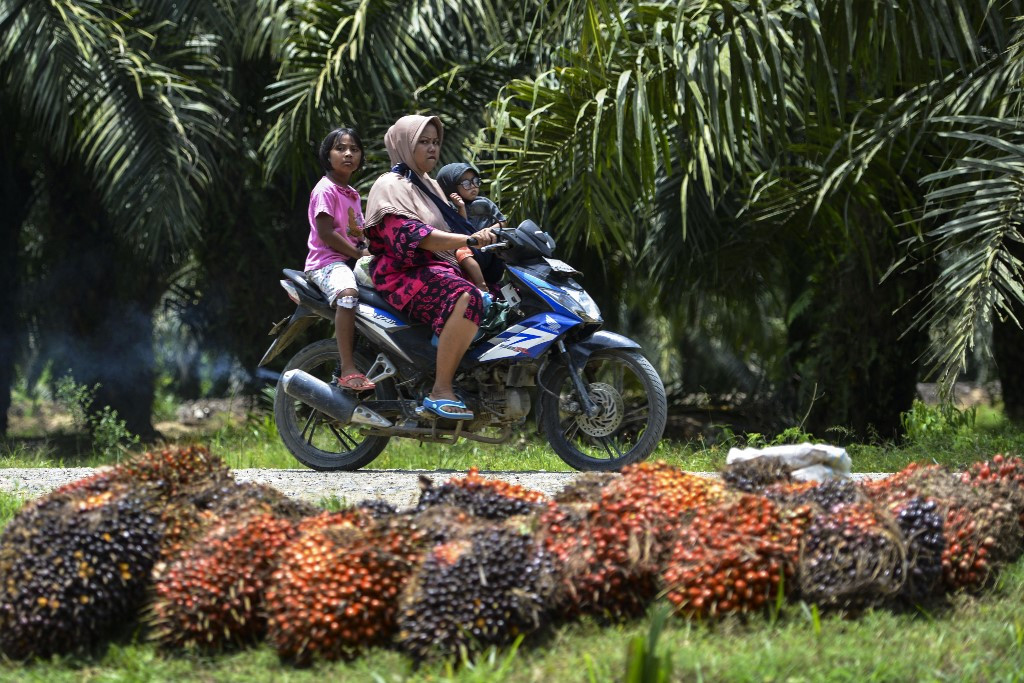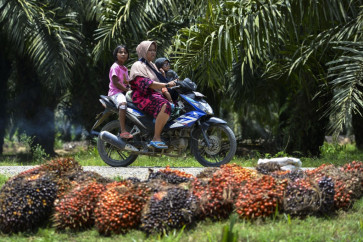Popular Reads
Top Results
Can't find what you're looking for?
View all search resultsPopular Reads
Top Results
Can't find what you're looking for?
View all search resultsIndonesia's no-deforestation pledge and agribusiness worries
Indonesia needs to lead other developing countries to seek clarity over the mechanism for the disbursement of global funds for developing countries to mitigate climate change.
Change text size
Gift Premium Articles
to Anyone
H
ow do we reconcile the seemingly ambiguous messages conveyed by Environment and Forestry Minister Siti Nurbaya Bakar with her remarks made immediately after President Joko “Jokowi” Widodo and the leaders of more than other 100 other countries signed an agreement to halt and reverse forest loss and land degradation by 2030, during the United Nations Climate Change Conference (COP26) in Scotland early this month?
Yet a more down-to-earth question is: How will stakeholders of the palm oil industry contribute to realizing the no-deforestation pledge, which internationally, especially in the developed countries, is interpreted as zero-deforestation?
This predicament will overshadow discussions at the 17th Indonesian Palm Oil Conference (IPOC) and 2022 Price Outlook, which will be convened in a virtual gathering by the palm oil industry association (Gapki) on Dec. 1-2.
The pledge, if realized in the field as entirely zero-deforestation, would certainly slow down the growth of Indonesian agriculture, which still contributes around 14 percent of gross domestic product (GDP), employs 30 percent of the estimated 140 million-strong labor force, but which is often alleged to be responsible for 90 percent of forest damages.
On paper, the hardest hit will be agribusinesses, especially palm oil, which has become the second-largest export after coal and is the source of livelihood for over 10 million people, as 40 percent of the estimated 16.3 million hectares of oil palm plantations are smallholders with 2-10 ha of holdings.
President Jokowi, in his address at the COP26 summit, urged all stakeholders to manage forests with three principles: pro-environment, pro–development and people–centered. These three principles clearly state the developing world's aspiration to balance total forestry conservation, as demanded by Western governments and NGOs, and development, aspired by developing countries.
The UN Framework Convention on Climate Change (UNFCCC), as the backbone of the COP Climate Summit, recognizes the Common but Differentiated Responsibilities and Respective Capabilities (CBDR–RC) and acknowledges the different capabilities and responsibilities of individual countries in addressing climate change. It also acknowledges that developed countries have been developing, deforesting and emitting carbon much earlier.



















